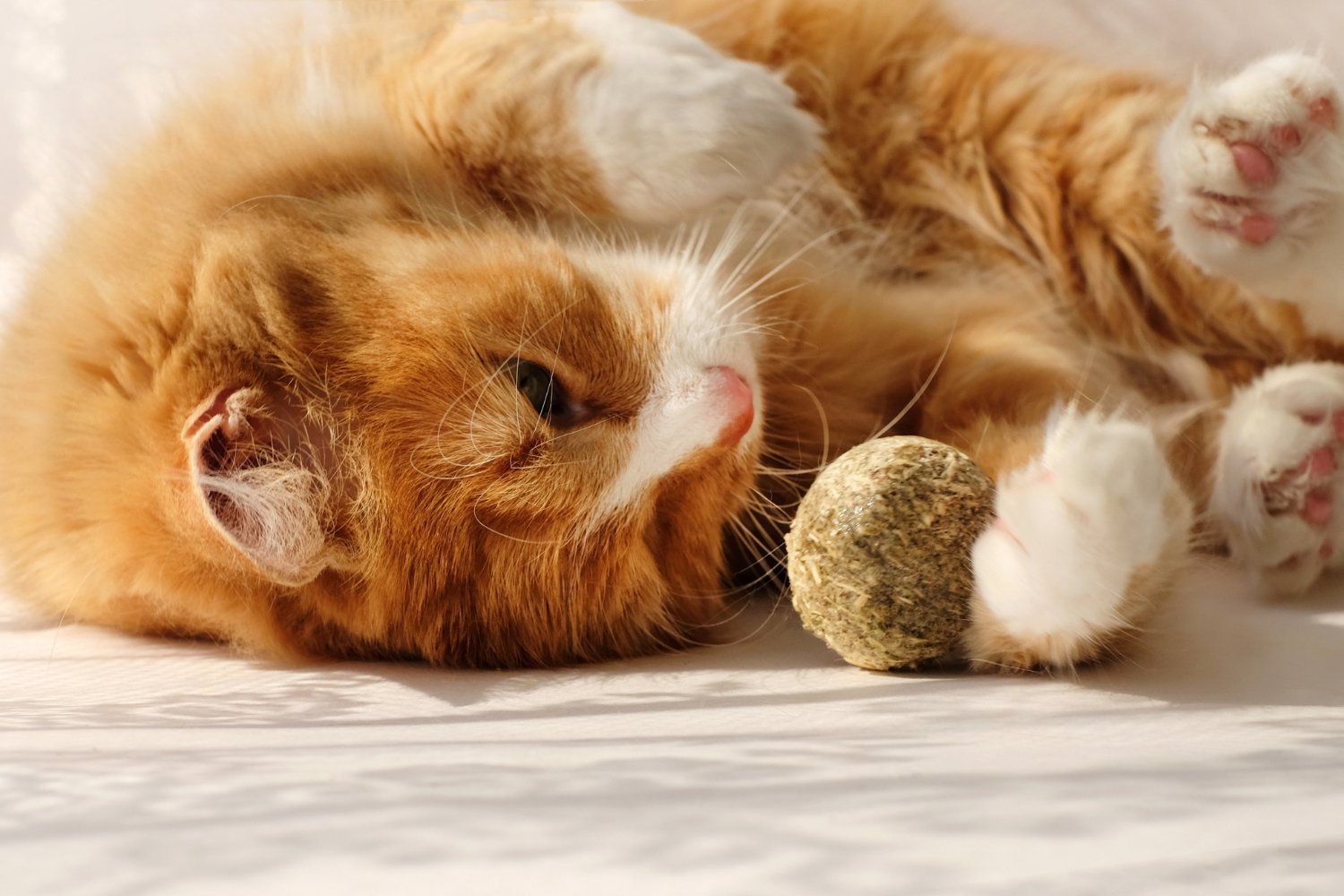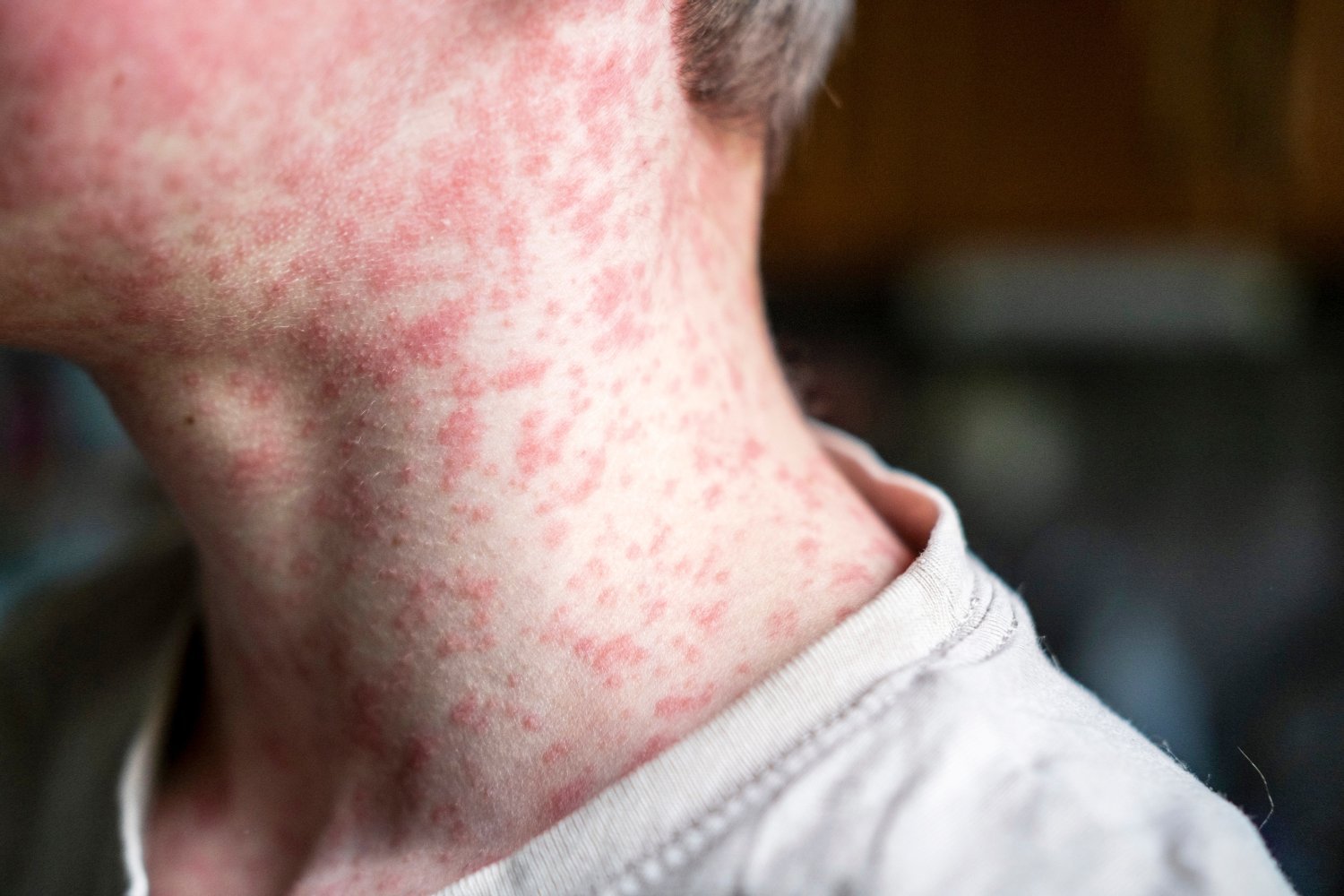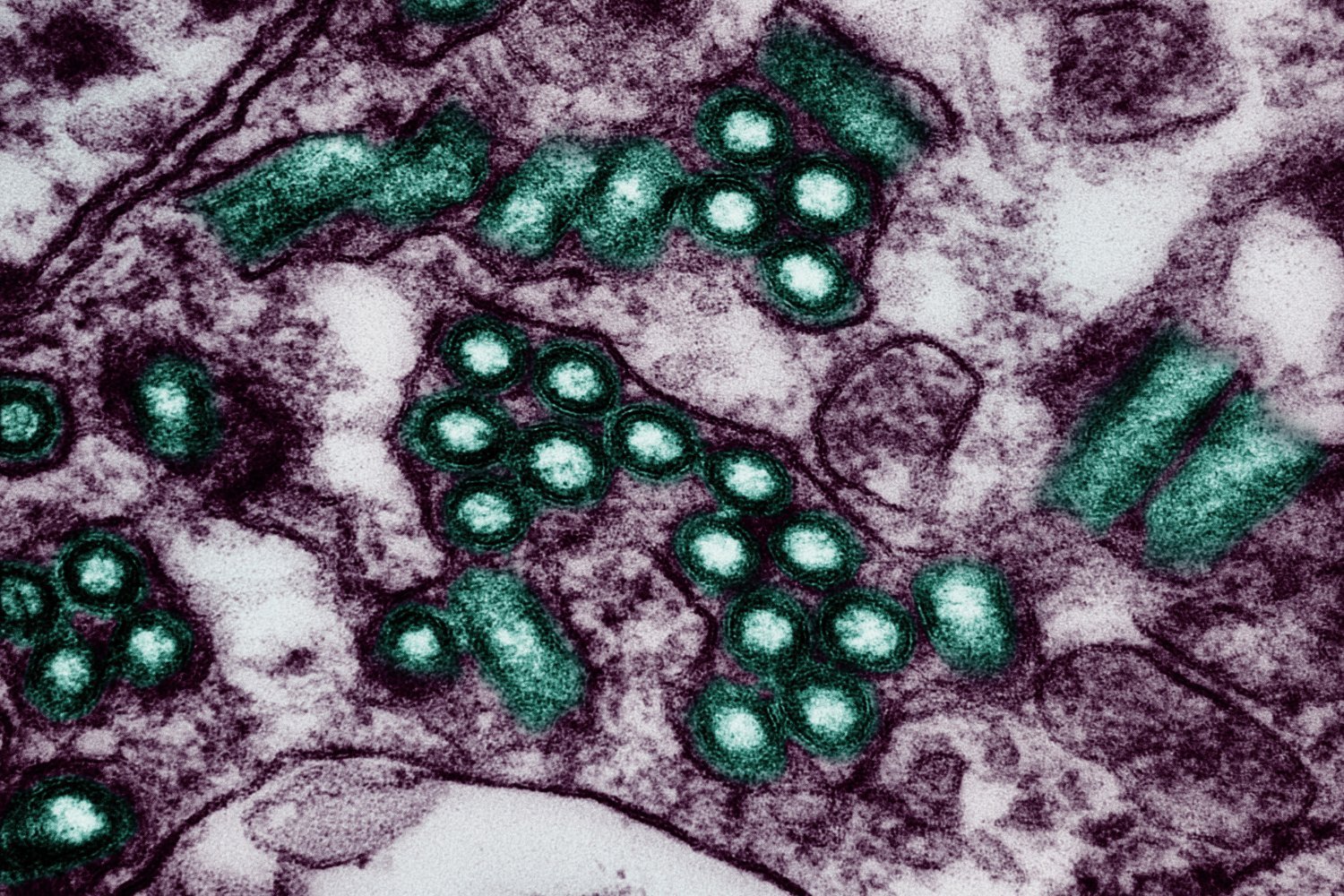Raw cat food has gained popularity among some pet owners. However, a recent lawsuit highlights the potential dangers of feeding raw chicken to cats. An Oregon man is suing Wild Coast Pet Food after his cat died from bird flu, allegedly contracted from the company’s raw chicken product.
Lawsuit Alleges Misleading Marketing and Negligence
Tim Hanson, the cat’s owner, filed the lawsuit seeking nearly $8,000 in damages to cover veterinary bills and legal fees, as reported by KTVB 7. Hanson adopted his cat, Kira, in 2021 and regularly fed her raw chicken, believing in its purported health benefits. The lawsuit contends that Wild Coast Pet Food misled consumers by marketing its raw chicken cat food as healthy without adequately disclosing the potential risks, including the possibility of contracting avian influenza (H5N1).
Timeline of Events Leading to Kira’s Death
Hanson purchased the Wild Coast Pet Foods brand cat food in January. In early February, Kira stopped eating. After bringing Kira to the veterinarian on February 5th, tests confirmed she had contracted bird flu. Due to the severity of her illness, Kira was euthanized on February 9th.
Wild Coast Pet Food Issues Recall
Following Kira’s death, Wild Coast Pet Food, based in Washington, issued a recall on March 1st for its 16 oz and 24 oz frozen Boneless Free Range Chicken Formula raw pet food. The recalled product was sold in Washington and Oregon. The FDA website posted a warning advising pet owners who fed their animals the recalled product to watch for symptoms of bird flu, including fever, lethargy, loss of appetite, eye inflammation or discharge, respiratory issues, and neurological signs such as tremors, stiffness, seizures, lack of coordination, or blindness. Pet owners observing these symptoms were urged to contact their veterinarian immediately.
The Devastating Impact of Bird Flu on Cats
The spread of bird flu has been particularly devastating for cats, who appear to be the most vulnerable domestic animals to H5N1, aside from birds themselves. Numerous cat deaths from the disease have been reported across the U.S., from New York to Oregon, and it’s likely many more cases have gone undetected.
Human Health Concerns and Bird Flu Transmission
While no human cases of bird flu from consuming food have been reported in the U.S., the fact that cats are contracting the virus from raw food raises concerns. U.S. health agencies have tested milk and beef and determined that both are safe for human consumption even if the animals were infected with bird flu, provided the milk is pasteurized and the beef is cooked to at least medium. Currently, there’s no evidence of human-to-human transmission of bird flu in the U.S. However, there is concern about the potential for a mutation that could enable such transmission. There have been 70 documented cases of H5N1 in Americans, resulting in one death. Most of these cases have been linked to contact with infected poultry or dairy cattle.
Wild Coast Pet Food’s Response
Wild Coast Pet Food has not yet responded to requests for comment. This article will be updated if and when a response is received.
[











